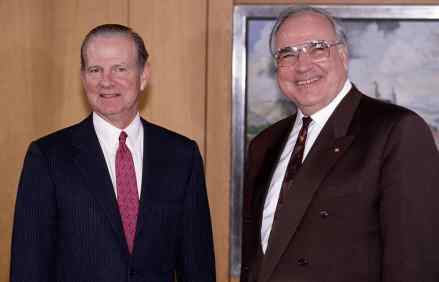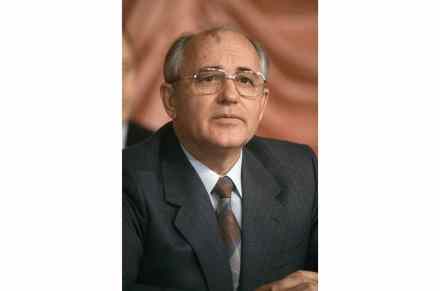Was Nato expansion worth the risk?
This is an important and topical book. Mary Sarotte traces the difficult course of Russia’s relations with Europe and the United States during the decade which followed the fall of the Berlin wall in 1989, a period which saw Russia’s brief dalliance with democracy and Nato’s advance to the frontiers of the old Soviet Union. The story has been told before, but never so fully or so well. In a remarkable historical coup, Sarotte has persuaded the German foreign ministry to open its archives to her, and the Americans to declassify thousands of documents previously closed to researchers. When Vladimir Putin’s spokesman Dmitry Peskov was moved to denounce so much



